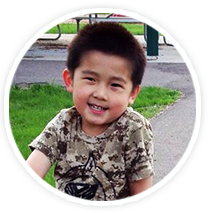Services are free!
Regardless of:

If you have concerns about a child's development and think a child might need extra help to learn and grow, don't hesitate to refer a child.
The family will be contacted by the local school district to arrange for a screening or evaluation to determine if their child is eligible for Infant and Toddler Intervention or Preschool Special Education services in Minnesota.
Services are free!
Regardless of:
